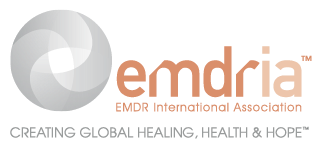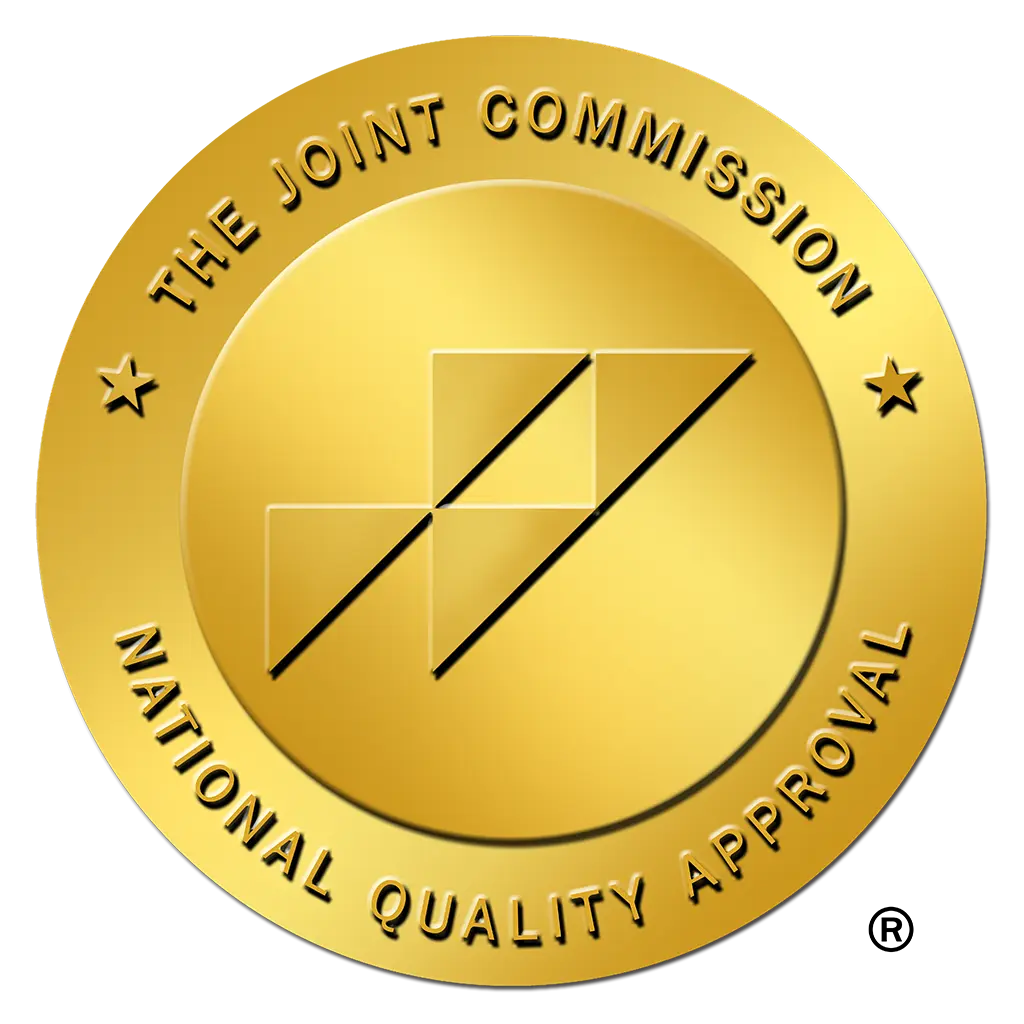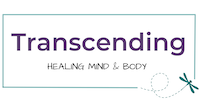Changing your entire mood state will not likely happen from just making use of breathing
techniques or yogic practices, but these can be tools to help you better manage mood states
that feel overwhelming. Getting a handle on your mood lays the foundation for you to then take
other steps to help yourself, whether that be: talking with your therapist, reaching out to a friend
or family, doing something that brings you joy or confidence, etc.
It is suggested that when you are in an overwhelming mood state, you should start by meeting
your mood. This begins with growing and developing your awareness of when you are in such a
moment, so that when you are, you can ask, “Am I feeling high or low?”. Are you feeling
heightened stress, anxiety, fear, a rapid heart rate and breath? Or are you feeling low
motivation, low energy, sadness, and apathy? The answer to this question let’s you know what
breathing or yogic techniques to use to best help yourself in that moment.
In yogic philosophy, a person’s psychological state can be understood as the result of the
interplay of the proportions of the three guṇas within them. The guṇas are: sattva
(enlightening, harmonious, uplifting), rãjas (exciting, stimulating, active), and tamas (heaviness,
eveloping). An important part of this, is an understanding that the three guṇas exist inside all of
us and work together to help us achieve a more healthy way of being – or in other words, it is
natural for our lives to be a mix of mood states. It’s a matter of gaining awareness and balance
in navigating them that helps us feel healthier and happier.
“I’m feeling heightened”: Rapid Breathwork
If you find yourself feeling heightened (anxious, stressed, panicked, manic), it could be said you
are in a predominantly rãjasic state. Instead of trying to downplay your mood, meet your mood
with kapālabhāti breath, or ‘skull shining breath’. Meet your inner intensity with energy and
then later move on to calming techniques!
● Sit in a grounding pose – sit cross legged on the floor. Support yourself against a wall, if needed.
Ideally, close your eyes and keep your spine straight and tall.
● Take a shallow breath in through both nostrils.
● Exhale forcefully through both nostrils – feel your stomach move inward toward your spine.
● Repeat this quick breath, aiming for one breath per second. It will sound like a dog panting. This
breath can be difficult for beginners, so start where you can. Practice makes perfect! Keep your
inhale shallow and exhale forceful.
After meeting your body at its heightened state, try to transition into other calming or
self-soothing or self-care tasks/techniques. What might those look like for you?
“I’m feeling low”: Slow, Building Breathwork
If you find yourself feeling low (depressed, apathetic, fatigued, unmotivated), it could be said
you are in a predominantly tamāsic state. Meet your mood with slow breathwork and an active
grounding pose called tādāsana, or mountain pose. Meet your mood with gentleness and
move towards energy slowly!
● Stand tall with your feet below your hips (hip’s/shoulder’s width apart), stretching your toes out flat
on the floor. Stretch your arms out at your sides, with palms forward and fingers out-stretched.
Focus on the feeling of the ground beneath your feet.
● Tighten the muscles in your legs and hips. Feel the energy and strength in your legs. Make sure
not to lock your knees.
● Keep your stomach pulled inward, your chest forward (not in a hunched over position), and
stretch your spine tall. Feel the vertical stretch and remain connected to the strength in your feet
and legs.
● Stand actively in this pose for a few minutes while doing slow repeated breathing (breathe in for 4
counts, hold for 4 counts, breathe out for 4 counts, and hold for 4 counts, repeat).
If you feel you could benefit from some extra invigoration after this, move into ‘bellows breath’.
● Standing in mountain pose, inhale for 4 counts as your raise your arms up over your head. Hold
this for 4 counts and exhale for 4 counts as you bring them out wide at your sides.
● Inhale and raise your arms up again, and exhale while folding over your torso, bending at the
waist, bringing your face down towards your thighs. Loudly say, “HA!”.
● Repeat this at least 10 times and end in mountain pose with your eyes closed. Focus on the
changes you notice in how your body feels.
If you attempt these or other meditative practices and find that it is difficult for you because it
creates a mental space for negative self-talk, speak with your therapist about other coping skill
recommendations or possible alterations!
References:
1. Encyclopædia Britannica, inc. (n.d.). Samkhya. Encyclopædia Britannica. Retrieved January 18, 2022, from
2. https://www.britannica.com/topic/Samkhya.
3. Encyclopædia Britannica, inc. (n.d.). The Samkhya-Karikas. Encyclopædia Britannica. Retrieved January 18, 2022, from
https://www.britannica.com/topic/Indian-philosophy/The-Samkhya-karikas.
4. Horovitz, E. G. (2021). Head and heart: Yoga therapy and art therapy interventions for mental health. Handspring Publishing.
5. Horovitz, E. G., & Elgelid, S. (2015). Yoga therapy: Theory and practice. Routledge, Taylor & Francis Group.
6. McCorry, L. K. (2007). Physiology of the autonomic nervous system. American Journal of Pharmaceutical Education, 71(4),
78. https://doi.org/10.5688/aj710478







